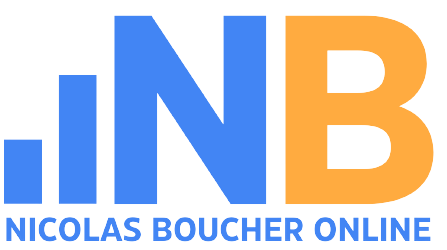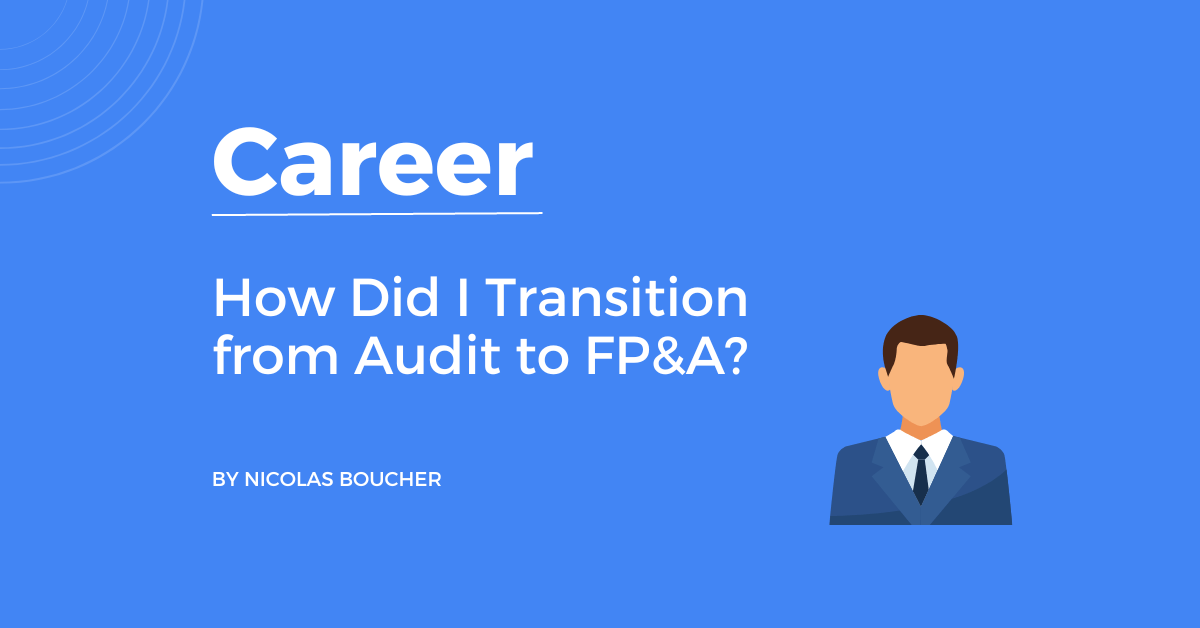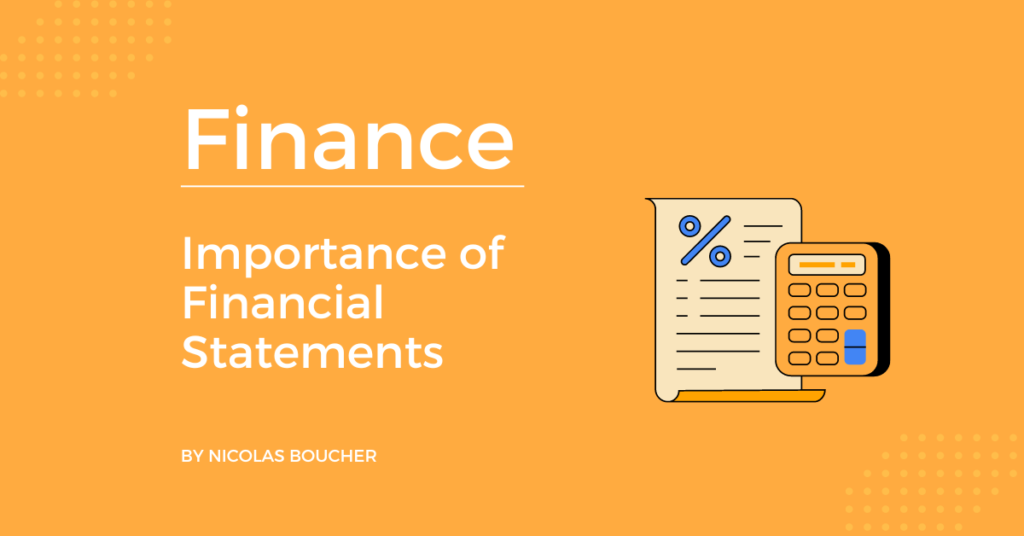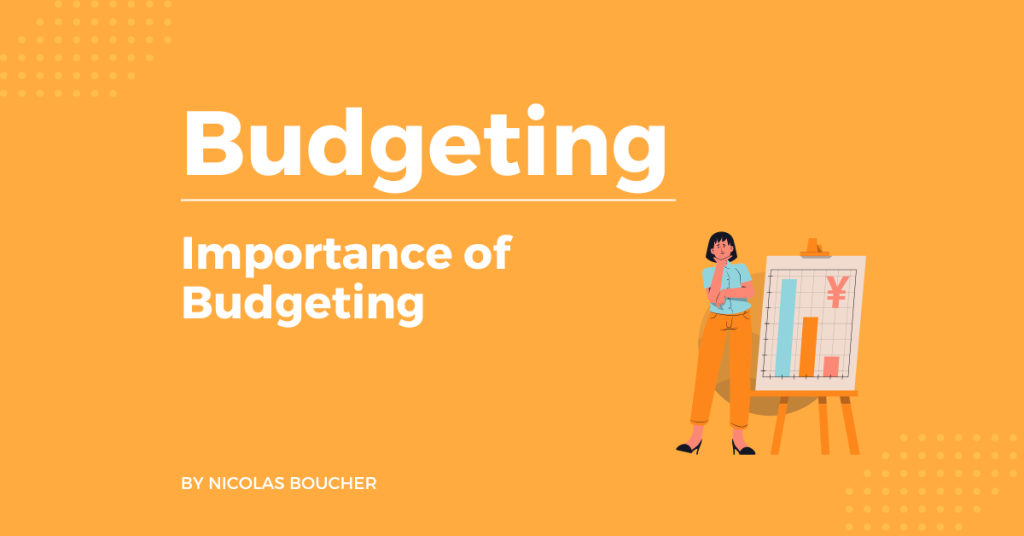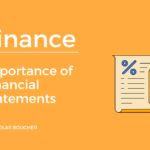To begin with, I will explain to you my journey in the transition from audit to FP&A. Therefore, Six years ago; I made four changes in my professional and personal life:
- I changed my country of residence (moved from Luxemburg to Germany).
- I changed my language (French to German).
- I changed the industry (Financial Services to aerospace, transport, and defense).
- I changed the job (Audit to FP&A/Controlling).
Also, I will share with you the following:
- The skills I developed from my audit experience and used as strength to change to controlling.
- What I had to learn to transition to controlling.
- The different fields of controlling.
- How I continue to grow.
Table of Contents
Transferable Skills
I always believed that an auditor has a good base to work in the controlling/FP&A. And here is why:
- An auditor has a strong accounting knowledge which is the base for all finance jobs.
- Working for audit and consulting companies teaches you to be structured, efficient and goal oriented.
- Being in an audit team and working under pressure is a good accelerator for improving your communication skills at work.
- Jumping from one assignment to another and having to gain trust and knowledge from your client will help you be quickly operational in any new job.
What You Need to Learn When You Transition from Audit to FP&A?
As a controller (or FP&A), you need to learn new concepts as your focus will be to provide value to your business partners. As a result here is what you need:
- Deeper understanding of profitability, price sensitivity, cost accounting
- Learn the key KPIs
- Get the most out of the ERP and reporting tools to deliver efficient & valuable reporting/analysis
- Budgeting, forecasting, modeling
- How to improve processes to be more efficient as a finance function
The Different Fields of Controlling/FP&A
Once you dive into the controlling/FP&A world, you discover that depending on the company and the industry (automotive, ecommerce, retail, industry, services…), there are many roles to learn like:
commercial controlling, project controlling, cost controlling, industrial controlling, financial planning & analysis, reporting. In addition, you can continue developing yourself by changing roles and tracing your own career path.
The Way I Continue to Grow
In the last five years I already experienced different roles (head of controlling, business partner, business controller, finance transformation, ad hoc controlling work) and each time I get to learn more about controlling and how I can bring more value to my organization. Also, I recommend exchanging best practices with your colleagues but also with people in your professional network.
The Final Verdict – Transition from Audit to FP&A Successfully
I hope this post can help people willing to transition or already in the process of doing it.
Furthermore, if you need help to transition from audit to FP&A/controlling, take advantage of the course I built where I share my 14 years of experience.
Key Takeaways
- Transitioning from audit to FP&A involves changes in residence, language, industry, and job roles.
- Transferable skills from audit include accounting knowledge, structured work, efficiency, communication, and adaptability.
- To succeed in FP&A, learn concepts like profitability, KPIs, ERP tools, budgeting, forecasting, and process improvement.
- Controlling/FP&A offers diverse roles such as commercial, project, cost, industrial controlling, and financial planning & analysis.
- Continuous growth involves trying different roles, learning from experiences, exchanging best practices, and leveraging your professional network.
FAQ
1. What changes did you make when transitioning from audit to FP&A?
- I changed my residence, language, industry, and job role, moving from Luxembourg to Germany, from French to German, from Financial Services to aerospace, transport, and defense, and from Audit to FP&A/Controlling.
2. What skills from audit are transferable to FP&A?
- Strong accounting knowledge, structured work habits, efficiency, communication skills, and adaptability gained in audit are valuable in FP&A.
3. What do you need to learn for a successful transition to FP&A?
- You should aim for a deeper understanding of profitability, cost accounting, KPIs, efficient use of ERP and reporting tools, budgeting, forecasting, modeling, and process improvement in a finance function.
4. What roles are available in the Controlling/FP&A field?
- Depending on the industry, there are roles like commercial controlling, project controlling, cost controlling, industrial controlling, financial planning & analysis, and reporting.
5. How can you continue growing in FP&A after transitioning?
- Exploring different roles, such as business partner, finance transformation, and ad hoc controlling work, while sharing best practices with colleagues and professional network members, can facilitate ongoing growth.
How can your course assist in the transition from audit to FP&A?
- The course offers insights from 14 years of experience, helping individuals successfully navigate the transition from audit to FP&A/controlling.
